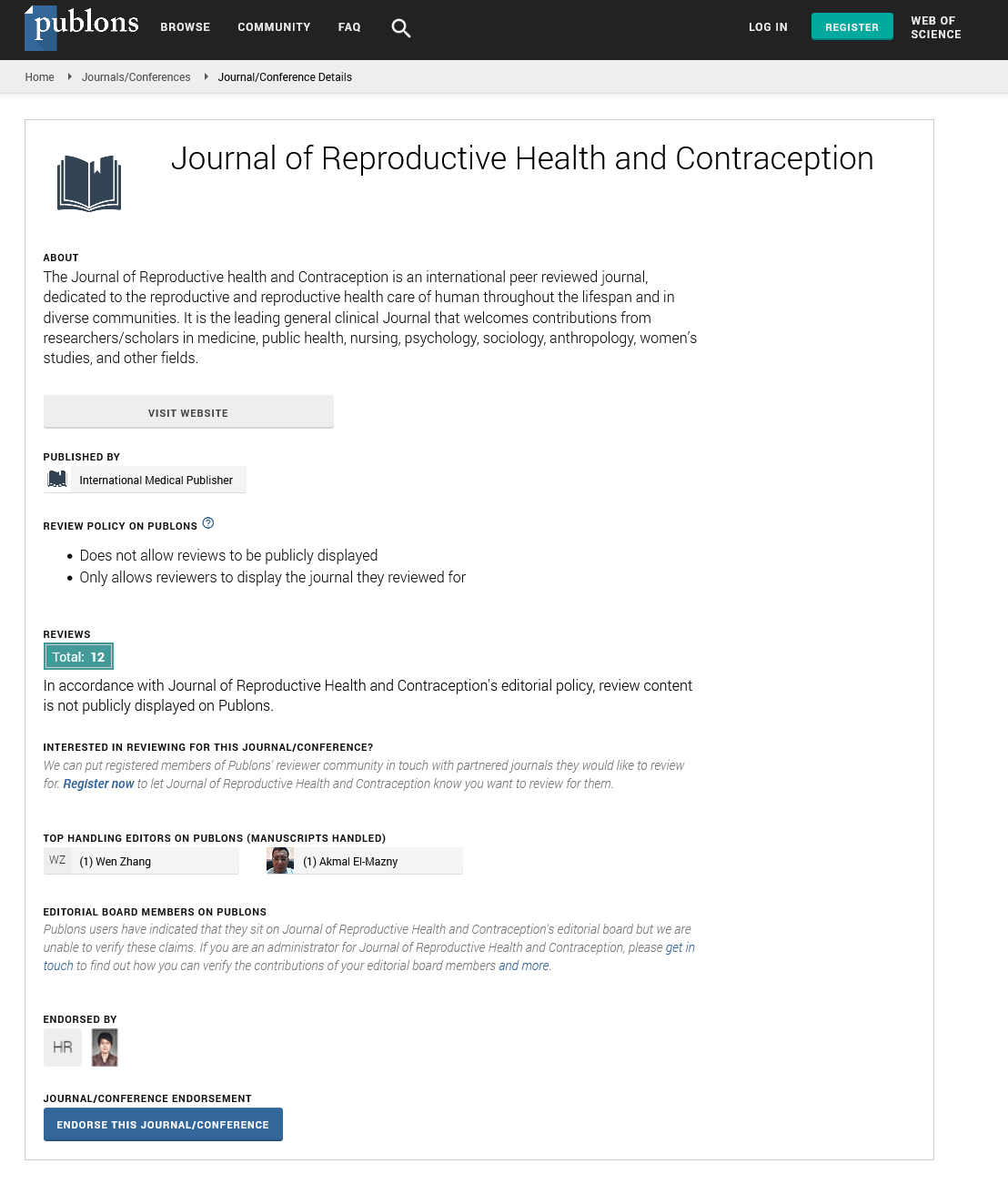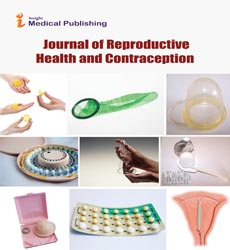Abstract
The study of factors affecting maternal mortality in tertiary care teaching institute in tribal region of eastern Maharashtra: paving a way forward
Maternal mortality is defined as the death of any women while being pregnant or within 42 completed days of termination of pregnancy, irrespective of the duration or site of bomb vbnbghj, pregnancy, from any cause related to or aggravated by pregnancy, but not from bm accidental or bkhvincidental causes. Maternal mortality rate (MMR) is defined internationally as the maternal mortality rate per 100,000 live births. . Evnhben today 20% global maternal deaths occur in India. MMR in India is reduced by 77%, from 556 jkbhbh him per 100,000 live births in 1990 to 130 per 100,000 live births in 2016 according to WHO & Millennium Development Goal (MDG)of 109 per 100,000 live births by 2015. Sustainable Development Goal ( SDG3) goal of MMR less than 70 per 100,000 live births by year 2 v030.[21] The main direct cause of maternal death in developing countries include hemorrhage , sepsis, obstructed labor and hypertensive disorders. These are mostly preventable trough regular antenatal checkup, proper diagnosis and management of labor complications. Aim and Objectives: 1.To assess the Maternal Mortality Rate(MMR) and causes of maternal mortality in given time period.2.Determine the relationship between maternal education, maternal age at first pregnancy and antenatal care attendance with maternal mortality.
Author(s):
Rathod AP
Abstract | PDF
Share this

Google scholar citation report
Citations : 201
Journal of Reproductive Health and Contraception received 201 citations as per google scholar report
Journal of Reproductive Health and Contraception peer review process verified at publons
Abstracted/Indexed in
- Google Scholar
- China National Knowledge Infrastructure (CNKI)
- WorldCat
- Publons
Open Access Journals
- Aquaculture & Veterinary Science
- Chemistry & Chemical Sciences
- Clinical Sciences
- Engineering
- General Science
- Genetics & Molecular Biology
- Health Care & Nursing
- Immunology & Microbiology
- Materials Science
- Mathematics & Physics
- Medical Sciences
- Neurology & Psychiatry
- Oncology & Cancer Science
- Pharmaceutical Sciences


